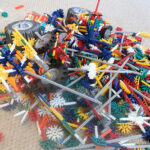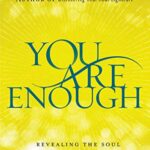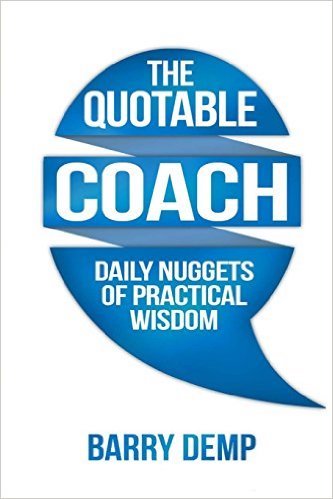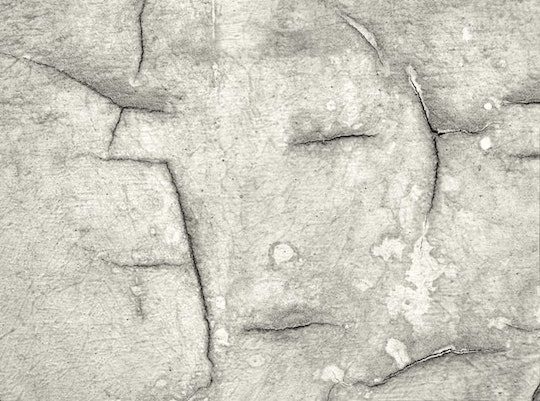We aim to be generous, kind and compassionate. Being human means that sometimes our intentions often miss the mark.
—Calm App Reflection
For the past several years, many people — including me — have been looking inward at our lives. Being knocked off balance by a variety of factors has made us more mindful and aware of our place in the world, and has caused us to pursue greater meaning and purpose.
It has been quite gratifying to see countless acts of compassion, generosity, and kindness in my communities and throughout the world. I’ve done better, but not always my best, at exercising these attributes.
In such cases, forgiveness and the resolve to keep trying are noteworthy ways to express our best human intentions.
EXERCISE:
Where have your generous, kind, and compassionate efforts missed the mark?
Where would forgiveness and giving things another go help you fulfill more of your best intentions?














